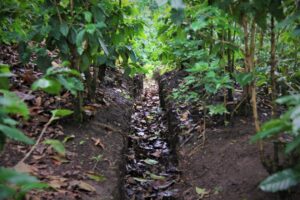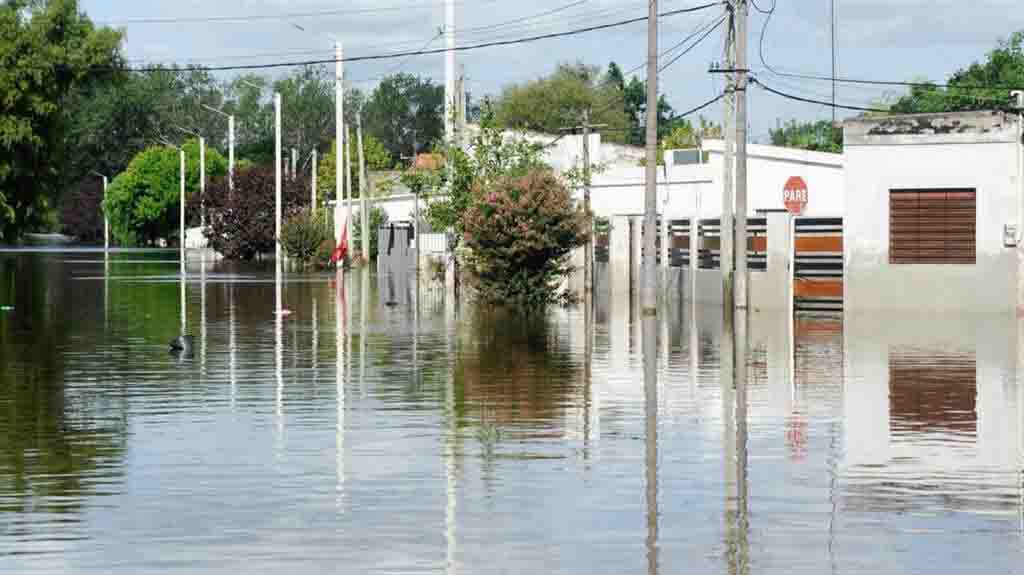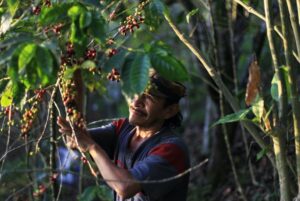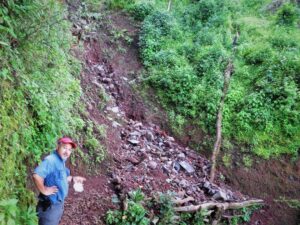In an effort to mitigate the devastating effects of the floods and the landslidesthe officials of the San Salvador and the coffee producerswith the support of United Nations Environment Programme (UNEP), have launched an ambitious project to restoring 1,150 hectares of forest and coffee plantations.
The main objective of this initiative is to reactivate the city's capacity for absorb rainfallthus improving resilience to extreme weather eventshighlights the UNEP.
Frequent flooding and landslides in San Salvador are washing away valuable topsoil, crucial for the fertility of coffee plantations.
"The soil, for us farmers, is the wealth of our farm. If we don't have it, we don't produce," explains Héctor Velásquez, a coffee producer affected by these natural disasters.
Coffee, which had been vital to the economy of the country, had been El Salvadoremploying around 150,000 people in 2012, has seen a decline in production over the last 10 years. A report by the International Food Policy Research Institute estimates that by 2050, climate change could affect El Salvador's coffee sector more than any other country in the world.
This is where the forest and coffee farm restorationknown as CityAdapt. This project is based on a fundamental principle: when vegetation is replaced by concrete, the soil loses its permeability. However, trees and other forms of vegetation can act like spongesThe water-absorbing forests absorb large quantities of water, preventing erosion, limiting flooding and recharging groundwater supplies for times of drought.

The term "sponge city". is used to describe urban areas that create green spaces to manage flooding. Cities around the world, from Berlin to Wuhanare adopting this innovative strategy. The use of nature-based solutions to adapt to climate change is known as ecosystem-based adaptation.
"Ecosystem-based adaptation is a proven strategy in both cities and rural areas. UNEP is helping governments around the world build climate resilience with more than 45 ecosystem-based adaptation projects and, in the process, more than 113,000 hectares of ecosystems are being restored," says Jessica Troni, head of UNEP's Climate Change Adaptation Unit.
CityAdaptfinanced by the Global Environment Facilityhas helped some 16,000 people in San Salvador to reduce their risk of flooding. When the project is completed in 2022, this number is expected to increase to 115,000.
Leyla ZelayaCityAdapt's National Coordinator for El Salvador, points out that 3,514 fruit trees have been planted during the process of reforestationThe project is also active in the region, providing additional resources to local communities. This project is also active in XalapaMexico, and KingstonJamaica.
Source: UNEP




